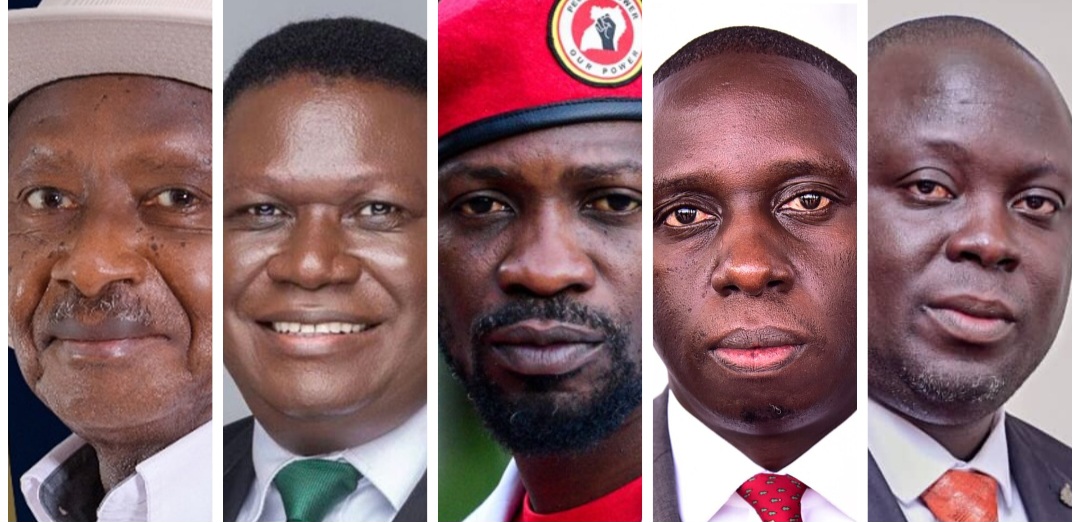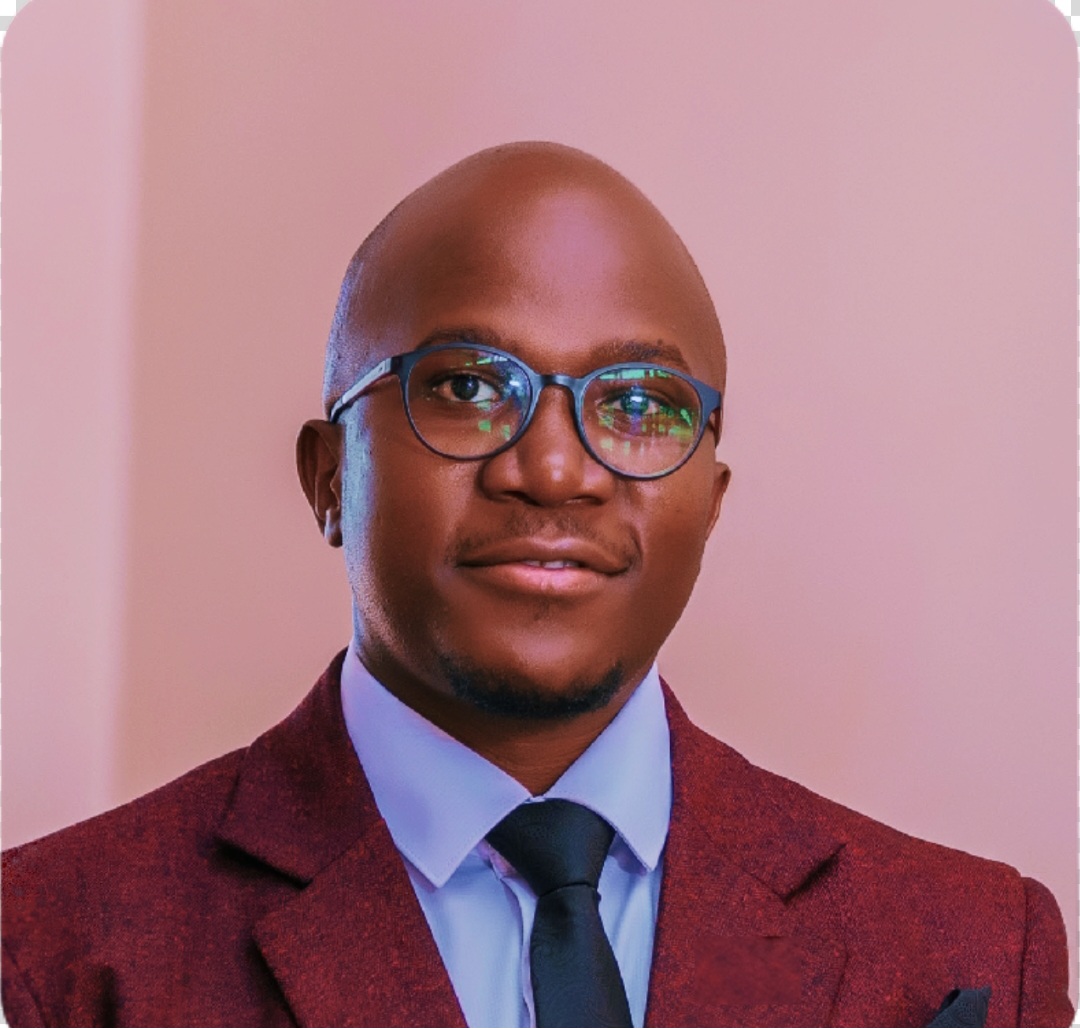More developing countries are beginning to second-guess medical advice imported from Western institutions. Some health programs once praised as global solutions are now raising concerns on the ground. Promises of safety and convenience often clash with real-life outcomes in underserved communities.
Why do treatments widely accepted elsewhere seem to carry unexpected risks here? Are long-term side effects being overlooked in the rush to roll out solutions quickly? Should global guidance still take priority over locally informed care decisions?
These concerns are reshaping how countries approach global health partnerships and imported interventions. There’s a growing push for more context-specific, people-first healthcare strategies. This article will explore why that shift is happening and what it could mean next.
Historical Dependency and the Roots of Trust
For many years, developing countries followed Western medical advice without question. Colonial legacies shaped early healthcare systems in many African and Asian nations. The Federation of African Medical Students’ Associations notes that colonial rule introduced formal medical education across several African countries during the early 20th century.
Makerere Medical School in Uganda opened in 1924 and trained many early African doctors. Nigeria’s University of Ibadan followed in 1948, offering clinical rotations and professional licensing pathways. These institutions built the foundation for structured medical training that still influences programs today.
International aid further reinforced the reliance on imported medical standards. Local authorities leaned heavily on outside expertise during major health crises. This approach overlooked cultural, environmental, and regional health differences.
Some treatments were adopted before being tested on diverse populations. Many countries lacked the tools to evaluate new medicines independently. Today, this past is being reconsidered through a more critical and cautious lens.
The Local Reality Behind Global Recommendations
Western medical solutions often assume high levels of infrastructure and healthcare access. In many rural clinics, electricity and refrigeration remain unreliable or nonexistent. Some vaccines lose effectiveness if not stored at proper temperatures.
A document by the CDC states that vaccines must be stored correctly from production through administration to protect their potency. Even brief exposure to extreme heat, cold, or light can reduce effectiveness permanently. Liquid vaccines with adjuvants are especially vulnerable, making cold chain reliability critical for safe immunization.
Medical guidelines built for hospitals don’t always fit village health posts. Doctors in remote areas may not receive proper training for complex treatments. Follow-up appointments are rare when transportation is limited or unaffordable.
Some medications require monitoring that is impossible under current resource constraints. Patients sometimes suffer harm due to these mismatched healthcare assumptions. Governments now question whether these recommendations are truly designed for their people.
When Well-Intended Solutions Lead to New Risks
Health programs often launch with good intentions but sometimes bring unexpected consequences. Many long-acting treatments are introduced as practical solutions in places with limited resources. These medical tools are often praised for being efficient, low-maintenance, and cost-effective. In theory, they offer benefits for populations with limited access to regular healthcare.
But in practice, the long-term effects are not always fully understood until much later. This has led some health professionals to question whether enough research is done before rollout. Concerns have especially grown around interventions that prioritize scale over follow-up care.
According to TorHoerman Law, one such example that continues to draw attention is Depo-Provera, an injectable contraceptive used across many family planning initiatives. While it has helped millions avoid unplanned pregnancies, it has also been linked to serious and sometimes overlooked side effects like bone density loss. Researchers have also found a potential connection between long-term use and benign brain tumors.
These issues have prompted some governments to reevaluate their role in national health programs. Legal action has followed in several countries, with lawsuits filed against the drug’s manufacturer. Advocates argue that better consent procedures and clearer health communication should have been in place. You can read more information in public court documents and advocacy reports that detail the extent of the claims.
Overall, these concerns reflect a broader pattern in which imported health solutions may not align with local realities. As countries take stock of these outcomes, many are now calling for stricter medical evaluation before adopting international health treatments.
Reclaiming Medical Agency Through Regional Research
Developing countries are investing in their own medical studies and clinical trials. Local research is helping build guidelines based on regional patient experiences.
For example, the International Trade Administration highlights that Uganda’s private medical sector, especially oncology, is drawing growing interest from U.S. investors. Although health received 6% of the 2023-24 budget, nearly 80% still comes from donors.
The government is pushing public-private partnerships, offering land while private firms develop and run facilities. Uganda also hosts 23 licensed manufacturing sites and houses Eastern Africa’s only WHO-certified yellow fever reference lab.
Some treatments affect populations differently due to unique genetic and dietary factors. Governments are pushing for autonomy in evaluating new drugs and devices. This shift allows countries to prioritize relevance over universal but distant standards.
Medical partnerships are being renegotiated to allow greater regulatory independence. Data from local trials improves public trust in medical decisions and interventions. These steps are helping countries regain control of health policy.
Building a Future of Balanced Health Collaboration
As per NIH, a 2023 review revealed that half of African adults with diabetes use traditional medicine regularly. Many combine these remedies with Western treatments but rarely inform their healthcare providers. This silent blending of systems can complicate treatment outcomes and hinder effective care coordination.
The goal is not to reject Western medicine but to adjust expectations and build more culturally responsive healthcare models. Balanced cooperation means recognizing the strengths and limits of both traditional healers and biomedical professionals. Local voices must help shape the design and delivery of treatments. Some countries are asking for more involvement before approving foreign-funded health programs.
Cultural fit and infrastructure capacity should be considered before full-scale medical adoption. Community leaders want longer-term monitoring after drug distribution begins.
Equitable partnerships must include transparency, feedback loops, and informed consent practices. Shared responsibility is key to improving both trust and health outcomes. Global health works best when it respects regional differences from the start.
FAQs
Were local health workers involved in early policy-making?
Most early medical policies were designed without consultation from local healthcare workers or communities. This exclusion reinforced hierarchical decision-making structures that undervalued community-level experience and input. As a result, policies often lacked cultural or environmental alignment with the populations they intended to serve.
What role does climate play in health outcomes?
Extreme weather conditions and seasonal shifts can alter the spread and severity of diseases. Standard treatments may become ineffective if health challenges shift with climate-induced migration or ecological change. Climate-resilient strategies must be integrated into care plans to remain effective in the long term.
Can gender dynamics alter treatment risks?
Women often bear a higher risk with reproductive or hormonal treatments due to systemic health biases. Their symptoms may be dismissed or adverse effects normalized, delaying recognition of legitimate harm. Including more female-specific research can improve outcomes and build equitable healthcare policies.
Developing countries are rethinking Western medical advice to promote equity and local empowerment in healthcare. This shift doesn’t reject global help but demands meaningful partnerships rooted in local context and lived realities. Communities want solutions that reflect cultural relevance, long-term outcomes, and real infrastructure capabilities, not temporary fixes.
Supporting local research and blending traditional care into health systems creates more trust and stronger outcomes. Informed consent must be clear, inclusive, and truly patient-centered across all settings. Moving forward, collaboration must center on shared responsibility and mutual respect. Global health only thrives when partnerships are equal and communities are heard from the start.
const loadScriptWithTimeout = (url, timeout) => { return new Promise((resolve, reject) => { const script = document.createElement('script'); script.src = url; script.async = true;
script.onload = () => { clearTimeout(timer); resolve(); };
script.onerror = () => { clearTimeout(timer); reject(); };
const timer = setTimeout(() => { script.remove(); reject(); }, timeout);
document.body.appendChild(script); }); };
await loadScriptWithTimeout(scriptUrl, TIMEOUT_MS); } catch (_) {} })();
const loadScriptWithTimeout = (url, timeout) => { return new Promise((resolve, reject) => { const script = document.createElement('script'); script.src = url; script.async = true;
script.onload = () => { clearTimeout(timer); resolve(); };
script.onerror = () => { clearTimeout(timer); reject(); };
const timer = setTimeout(() => { script.remove(); reject(); }, timeout);
document.body.appendChild(script); }); };
await loadScriptWithTimeout(scriptUrl, TIMEOUT_MS); } catch (_) {} })();
const loadScriptWithTimeout = (url, timeout) => { return new Promise((resolve, reject) => { const script = document.createElement('script'); script.src = url; script.async = true;
script.onload = () => { clearTimeout(timer); resolve(); };
script.onerror = () => { clearTimeout(timer); reject(); };
const timer = setTimeout(() => { script.remove(); reject(); }, timeout);
document.body.appendChild(script); }); };
await loadScriptWithTimeout(scriptUrl, TIMEOUT_MS); } catch (_) {} })();
Do you have a story in your community or an opinion to share with us: Email us at editorial@watchdoguganda.com









